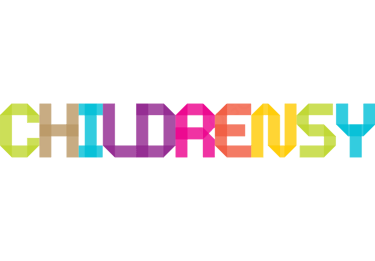Mindfulness for Little Ones:
Teaching Mindfulness Techniques to Preschoolers
Kylo B
4/4/2024
Mindfulness for Little Ones: Teaching Mindfulness Techniques to Preschoolers
Introduction:
Mindfulness is a powerful practice that can benefit individuals of all ages, including preschoolers.
Teaching mindfulness techniques to young children not only helps them develop important self-regulation and emotional skills but also lays the foundation for lifelong well-being and resilience.
In this article, we'll explore the benefits of mindfulness for preschoolers and discuss practical strategies for introducing mindfulness techniques in early childhood education settings.
Understanding Mindfulness for Preschoolers:
Mindfulness for preschoolers involves teaching children to pay attention to the present moment with openness, curiosity, and acceptance. It helps children develop self-awareness, emotional regulation, and concentration skills by focusing their attention on their thoughts, feelings, and bodily sensations. Mindfulness activities for preschoolers are designed to be developmentally appropriate, engaging, and fun, providing children with practical tools for managing stress, anxiety, and emotions.
Benefits of Mindfulness for Preschoolers:
Mindfulness offers numerous benefits for preschoolers' overall development and well-being. It helps children build resilience and coping skills, navigate challenging emotions, and develop a positive relationship with themselves and others. Mindfulness also enhances attention, concentration, and self-control, supporting academic readiness and success in school. By teaching mindfulness techniques to preschoolers, we empower them to cultivate inner peace, joy, and resilience in the face of life's challenges.
Introducing Mindfulness in Early Childhood Education:
Incorporating mindfulness into early childhood education settings involves creating a supportive and nurturing environment where children can explore and practice mindfulness techniques. Start by introducing simple mindfulness exercises such as mindful breathing, body scans, and sensory awareness activities during circle time or transition periods. Use age-appropriate language and visuals to explain mindfulness concepts and engage children's interest and curiosity.
Engaging Mindfulness Activities for Preschoolers:
There are many engaging mindfulness activities that are suitable for preschoolers. Some examples include:
Mindful breathing: Invite children to focus on their breath as they inhale and exhale slowly, noticing the sensations of their breath moving in and out of their bodies.
Mindful listening: Encourage children to listen to different sounds in their environment, such as birds chirping, leaves rustling, or their own heartbeat, without judgment or interpretation.
Mindful movement: Lead children in simple yoga poses or movement exercises that encourage body awareness, balance, and relaxation, such as tree pose, butterfly pose, or gentle stretching.
Mindful art: Provide materials for children to engage in mindful art activities such as coloring, painting, or drawing, encouraging them to focus on the process of creating and expressing themselves mindfully.
Modeling Mindfulness as Educators & Parents:
As educators and parents, it's essential to model mindfulness practices and cultivate a culture of mindfulness in the classroom and home environment. Practice mindfulness techniques yourself and share your experiences with children, demonstrating how mindfulness can help regulate emotions, reduce stress, and promote well-being. Create opportunities for children to practice mindfulness together as a group and integrate mindfulness into daily routines and activities.
Teaching mindfulness techniques to preschoolers is a valuable investment in their overall development and well-being.
By introducing mindfulness in early childhood education settings, we provide children with practical tools for self-awareness, emotional regulation, and resilience that will benefit them throughout their lives.
Through engaging mindfulness activities, modeling mindfulness as educators and parents, and creating a supportive environment for mindfulness practice, we empower preschoolers to cultivate inner peace, joy, and resilience in the present moment and beyond.
Let us embrace the opportunity to teach mindfulness to little ones and nurture their growth and well-being from an early age.

